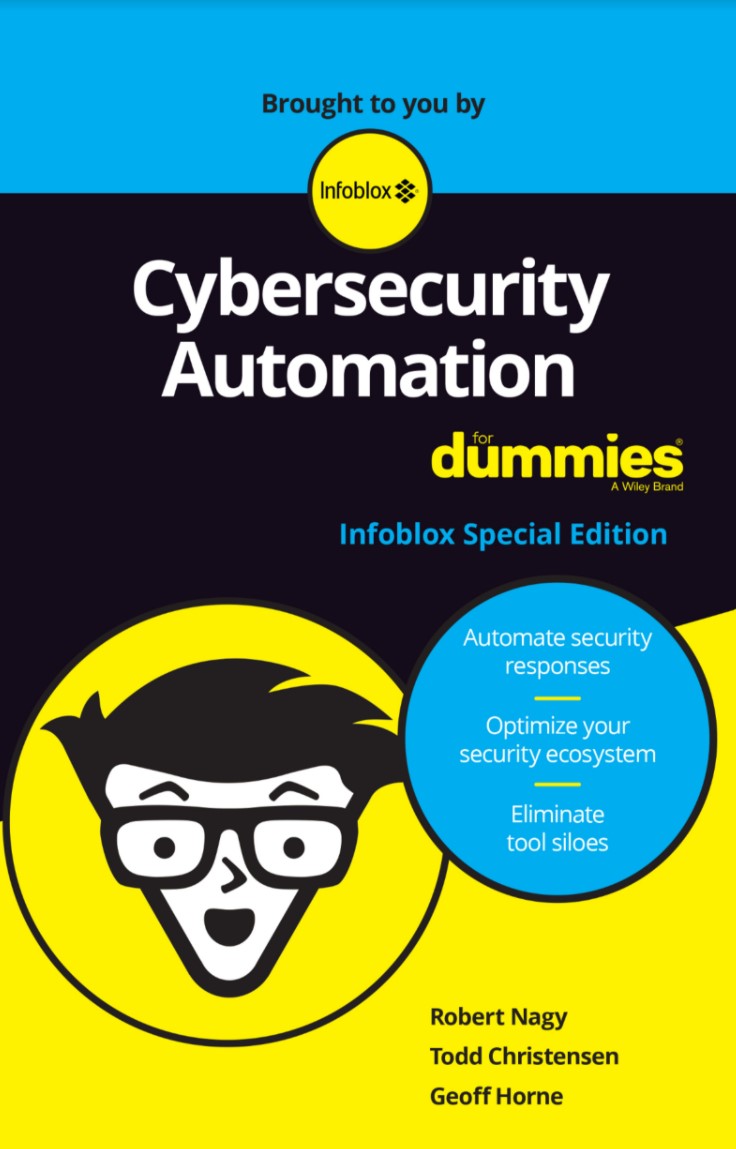Mattel admits it was hit by a ransomware attack
The leading toy manufacturer is thought to have fallen victim to Trickbot malware


Toy manufacturer Mattel has admitted that it was hit by ransomware attack that temporarily impacted some of its business functions but did not lead to any data theft.
The Barbie manufacturer, which is also behind brands as Fisher-Price and Hot Wheels, disclosed that the ransomware attack had taken place on 28 July 2020.
In a quarterly report filed with the US Securities and Exchange Commission, Mattel revealed that the ransomware attack “caused data on a number of systems to be encrypted”.
“Promptly upon detection of the attack, Mattel began enacting its response protocols and taking a series of measures to stop the attack and restore impacted systems. Mattel believes it has contained the attack and, although some business functions were temporarily impacted, Mattel was able to restore its critical operations," the toy manufacturer stated in the legal document.
Mattel added that a forensic investigation of the attack found that “no exfiltration of any sensitive business data or retail customer, supplier, consumer, or employee data was identified” and that the incident had “no material impact to Mattel's operations or financial condition”.
Although the company didn’t provide any further details on the nature of the attack, a source told Bleeping Computer that the July incident could have been caused by Trickbot malware, which has since been disrupted by Microsoft.
The tech giant had pulled the plug on Trickbot by obtaining a court order to disable Trickbot’s servers’ IP address as well as collaborated with telecoms worldwide to initiate technical actions to further cripple the botnet.
Get the ITPro daily newsletter
Sign up today and you will receive a free copy of our Future Focus 2025 report - the leading guidance on AI, cybersecurity and other IT challenges as per 700+ senior executives
Trickbot had experienced a resurgence during the 2020 pandemic, taking advantage of the ongoing coronavirus crisis to trick users into downloading malware onto their devices.
RELATED RESOURCE

Cyber security automation for dummies
Tips for automating security responses and optimising your security ecosystem
In April, Microsoft 365 Security corporate VP Rob Lefferts described Trickbot as “trendy and pervasive”, while Microsoft Security Intelligence warned that hackers were posing as the “USA Volunteer Organization” and the “USA Humanitarian Group” while sending out hundreds of emails offering free COVID-19 medical advice and testing. Each email aimed to install the Trickbot malware using “unique macro-laced” document attachments.
Prior to this, the TrickBot trojan had been named the most dangerous threat to healthcare in 2019.
IT Pro has reached out to Mattel for comment but has not heard back from the toy manufacturer at the time of publication.
Having only graduated from City University in 2019, Sabina has already demonstrated her abilities as a keen writer and effective journalist. Currently a content writer for Drapers, Sabina spent a number of years writing for ITPro, specialising in networking and telecommunications, as well as charting the efforts of technology companies to improve their inclusion and diversity strategies, a topic close to her heart.
Sabina has also held a number of editorial roles at Harper's Bazaar, Cube Collective, and HighClouds.
-
 Bigger salaries, more burnout: Is the CISO role in crisis?
Bigger salaries, more burnout: Is the CISO role in crisis?In-depth CISOs are more stressed than ever before – but why is this and what can be done?
By Kate O'Flaherty Published
-
 Cheap cyber crime kits can be bought on the dark web for less than $25
Cheap cyber crime kits can be bought on the dark web for less than $25News Research from NordVPN shows phishing kits are now widely available on the dark web and via messaging apps like Telegram, and are often selling for less than $25.
By Emma Woollacott Published
-
 ‘Phishing kits are a force multiplier': Cheap cyber crime kits can be bought on the dark web for less than $25 – and experts warn it’s lowering the barrier of entry for amateur hackers
‘Phishing kits are a force multiplier': Cheap cyber crime kits can be bought on the dark web for less than $25 – and experts warn it’s lowering the barrier of entry for amateur hackersNews Research from NordVPN shows phishing kits are now widely available on the dark web and via messaging apps like Telegram, and are often selling for less than $25.
By Emma Woollacott Published
-
 Healthcare systems are rife with exploits — and ransomware gangs have noticed
Healthcare systems are rife with exploits — and ransomware gangs have noticedNews Nearly nine-in-ten healthcare organizations have medical devices that are vulnerable to exploits, and ransomware groups are taking notice.
By Nicole Kobie Published
-
 Alleged LockBit developer extradited to the US
Alleged LockBit developer extradited to the USNews A Russian-Israeli man has been extradited to the US amid accusations of being a key LockBit ransomware developer.
By Emma Woollacott Published
-
 February was the worst month on record for ransomware attacks – and one threat group had a field day
February was the worst month on record for ransomware attacks – and one threat group had a field dayNews February 2025 was the worst month on record for the number of ransomware attacks, according to new research from Bitdefender.
By Emma Woollacott Published
-
 CISA issues warning over Medusa ransomware after 300 victims from critical sectors impacted
CISA issues warning over Medusa ransomware after 300 victims from critical sectors impactedNews The Medusa ransomware as a Service operation compromised twice as many organizations at the start of 2025 compared to 2024
By Solomon Klappholz Published
-
 Warning issued over prolific 'Ghost' ransomware group
Warning issued over prolific 'Ghost' ransomware groupNews The Ghost ransomware group is known to act fast and exploit vulnerabilities in public-facing appliances
By Solomon Klappholz Published
-
 The Zservers takedown is another big win for law enforcement
The Zservers takedown is another big win for law enforcementNews LockBit has been dealt another blow by law enforcement after Dutch police took 127 of its servers offline
By Solomon Klappholz Published
-
 There’s a new ransomware player on the scene: the ‘BlackLock’ group has become one of the most prolific operators in the cyber crime industry – and researchers warn it’s only going to get worse for potential victims
There’s a new ransomware player on the scene: the ‘BlackLock’ group has become one of the most prolific operators in the cyber crime industry – and researchers warn it’s only going to get worse for potential victimsNews Security experts have warned the BlackLock group could become the most active ransomware operator in 2025
By Solomon Klappholz Published